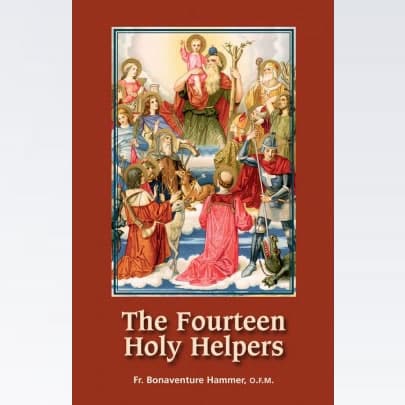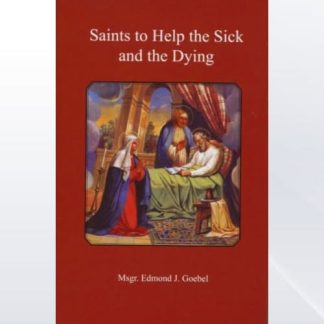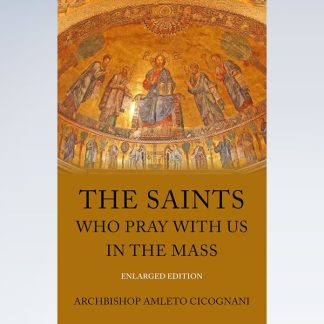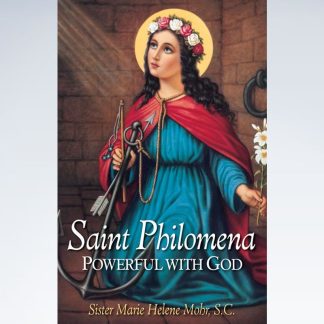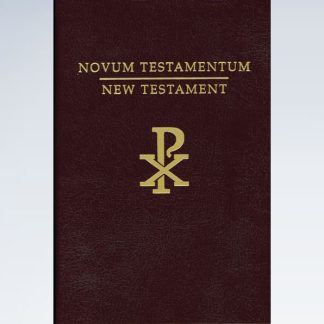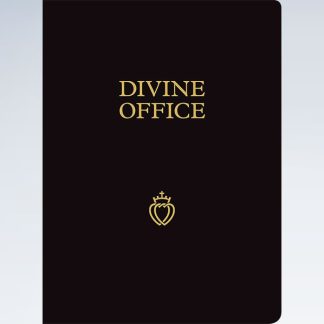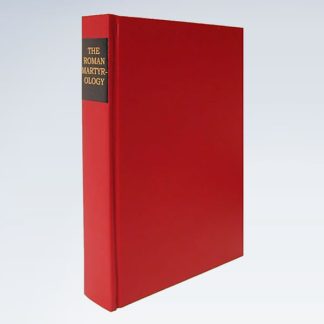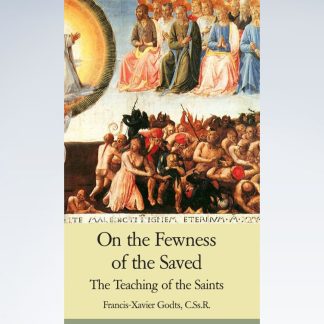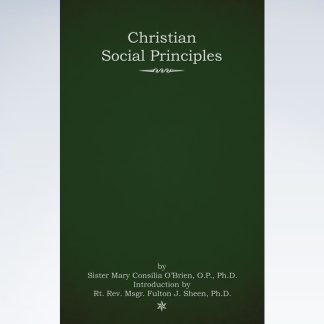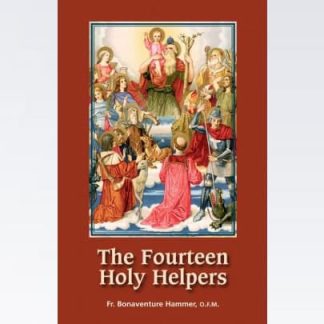The stories and special intercessory powers of 14 early Saint-Martyrs invoked for numerous special needs, such that they came to be called “The 14 Holy Helpers.” St. Barbara, St. Blaise, St. Christopher, St. George, St. Catherine, etc. They are invoked against throat ailments, lightning, diabolical possession, fire, family troubles, etc. Includes prayers to each Saint. This book links the present age to the earliest centuries of the Church.
Among the Saints invoked were these 14 who already had patronage over certain illnesses or tragedies:
- St. Christopher and St. Giles: plagues.
- St. Denis: headaches.
- St. Blaise: ills of the throat [although St. Ignatius of Antioch is also a patron of those with sore throats].
- St. Elmov patron of abdominal maladies [and one of the several Saints having patronage over childbirth, which is not an illness, of course, as well as patron of sailors].
- St. Barbara: against fever.
- St. Vitus: [with St. Dymphna, against epilepsy].
- St. Pantaleon: patron of physicians.
- St. Cyriacus: recourse in time of temptations, especially at the hour of death.
- Sts. Christopher, St. Barbara, and St. Catherine: invoked for protection against a sudden, unprovided death.
- St. Giles: implored for making a good confession.
- St. Eustace: patron of all kinds of difficulties, especially family troubles.
- St. Margaret of Antioch: patron of safe childbirth deliveries [along with St.Gerard Majella and Raymond Nonnantus].
- Sts. George, Erasmus, Pantaleon and Vitus: invoked for protection of domestic animals attacked by the plague, or any witchcraft.
About the Author of The Fourteen Holy Helpers
The Rev. Father Bonaventure Hammer, O.F.M., was a priest and author of the nineteenth and twentieth centuries. His The Fourteen Holy Helpers: Early Christian Saints Who Are Powerful with God was compiled to inspire all the faithful to invoke St. George, St. Blaise, and the rest of the Fourteen Holy Helpers. Father Hammer’s work was originally published in 1909 by the Benziger Brothers, New York, with the Nihil Obstat and Imprimatur.

